The United Nations Environment Programme is the leading global environmental authority that sets the global environmental agenda, promotes the coherent implementation of the environmental dimension of sustainable development within the United Nations system and serves as an authoritative advocate for the global environment. Its mandate is to coordinate the development of environmental policy consensus by keeping the global environment under review and bringing emerging issues to the attention of governments and the international community for action. UNEP Ecosystems Division works with international and national partners, providing technical assistance and capacity development for the implementation of environmental policy, and strengthening the environmental management capacity of developing countries and countries with economies in transition.
Ecosystems, biodiversity, and natural resources are the basis of agriculture. The agricultural sector provides important benefits such as food for humans and animals, fiber for industrial and artisanal production, materials for fuel, employment and cultural cohesion. However, it is the main driver of the degradation of ecosystems, the loss of biodiversity, health externalities and greenhouse gas emissions, among others. Many of these impacts, both positive and negative, are economically invisible and do not figure in public and private decision-making. The UNEP Economics of Nature Unit (TEN within the Ecosystems Division) hosts the TEEBAgriFood initiative, which aims to demonstrate that the economic environment in which agricultural producers operate is subject to negative and positive externalities that cause a lack of understanding of their dependence on well-functioning ecosystems. The initiative seeks to demonstrate that the entire agricultural value chain (production, processing, distribution, consumption and waste) not only has an impact on the environment but also on socioeconomic well-being, particularly of small producers, on public health and food security.
The EUPI-funded TEEBAgriFood project is implemented in 7 countries: Brazil, China, India, Indonesia, Malaysia, Mexico and Thailand. The TEEBAgriFood Framework has been designed to guide the evaluation of food systems and their complex linkages to the environment, society and human health. To create real change, this scientific framework of analysis needs to be applied at the ground level and influence current policies and practices. A consultant is required to support this application at the national level by providing specific technical advice to the implementation team and reviewing the methods and results that the national implementation partners develop.
This position is in the Biodiversity and Land Branch of the Ecosystem Division and is home-based. The incumbent will report to the Head of The Economics of Nature Unit.
The consultant is needed in both of the TEEBAgriFood workstreams in Brazil (Urban and Periurban Agriculture and Low Carbon Agriculture – termed the ABC+ policy) and TEEBAgriFood work streams in other countries in scope to review the methods and the reports developed by the national implementing partners and to support the communication of the results in order to mainstream the results.
1. Providing technical and methodological guidance and feedback for the ABC+ research partner to incorporate the TEEBAgriFood framework in their methods, including their models and analyses.
2. Reviewing the methodological proposal for ABC+ and consequently results obtained specifically looking at the ecosystem services measurement and valuation.
3. Reviewing the guidelines targeted at urban planners to include the TEEBAgriFood framework approach to inform planning and inclusion of urban and periurban agriculture.
4. Providing inputs to the TEEBAgriFood framework to adapt it to the urban and periurban agriculture reality. Including references to the data needs, the short and long-circuit value chains, social and community networks, and the needs of subnational stakeholders.
5. Providing inputs to the draft results reports from other EUPI country project.
6. Assessing the implications of project results on the current structure and priorities of government and provide guidance to the team on mainstreaming.
A first level degree in in agronomy, agricultural or natural resource economics, environmental economics, resource economics, political sciences, international studies and development, environmental sciences, or a related field is required. An advanced degree in related fields would be an added advantage.
A minimum 2 years of experience of measuring and modelling the economic, social and biophysical aspects of agricultural systems in Latin America is required.
Experience in the area of environmental accounting, environment statistics or environmental economics is required.
Specialized expertise in land use change modeling, particularly modeling of agricultural landscapes, soil and hydrological modeling, agricultural production and assessment of externalities (i.e. water pollution, soil degradation), carbon modeling, ecosystem service valuation, agricultural economics, health and human capital assessment, social capital and landscape governance assessment, system dynamics, and policy assessment is desirable.
Proven experience within the government administration, UN system, non-governmental organization, consultancy service or a related organization is desirable.
Experience in organizing and implementing projects on ecosystem assessment or related field is desirable.
Languages
English and French are the working languages of the United Nations Secretariat. For this position fluency in oral and written English is required. Knowledge of Portuguese is desirable.



